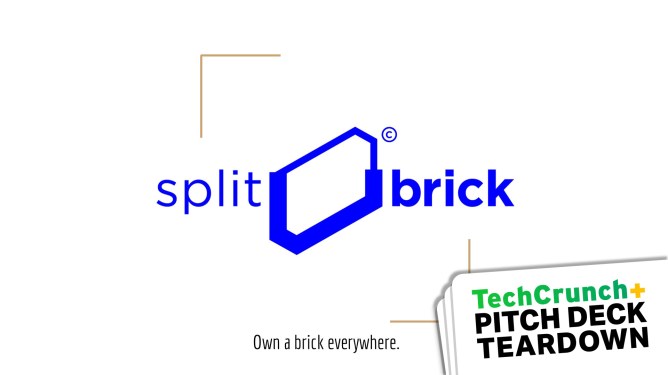The feud between Apple Inc. and Apple Corps over the rights to the Apple logo has been a long-standing one, with roots dating back to 1978. Since then, Apple Inc. has incrementally chipped away at Apple Corps’ initial legal settlement, which prohibited Apple Inc. from entering the music industry. It wasn’t until a 2007 settlement that most of Apple Corps’ trademarks were transferred to Apple Inc., paving the way for the November 2010 release of the Beatles catalog on iTunes.
However, there was one trademark that remained elusive to Apple Inc.: Apple Corps’ iconic Granny Smith apple logo. In a bold move, Apple Inc. applied for the Granny Smith apple logo trademark on March 11, 2011, marking a significant development in this ongoing saga.
A Brief History of the Dispute
The origins of this dispute date back to 1978 when Apple Corps, the music company founded by the Beatles, filed a lawsuit against Apple Inc. over the use of the Apple logo. At the time, Apple Inc. was a relatively new player in the technology industry, and the company’s founders had been using the Apple logo for their personal computers.
The initial settlement between the two companies in 1978 prohibited Apple Inc. from entering the music industry. However, this ban was gradually eroded over time as Apple Inc. continued to expand its business interests. In 2007, a new settlement was reached, which saw most of Apple Corps’ trademarks transferred to Apple Inc.
The 2007 Settlement: A Turning Point
The 2007 settlement marked a significant turning point in the dispute between Apple and Apple Corps. As part of this agreement, Apple Inc. acquired the rights to use the Apple logo for various products and services, including music distribution. This paved the way for the November 2010 release of the Beatles catalog on iTunes.
However, despite this major concession, one key trademark remained in Apple Corps’ possession: the Granny Smith apple logo. This logo has become an iconic symbol of Apple Corps’ brand identity, and its transfer to Apple Inc. would have significant implications for both companies.
The 2011 Trademark Application
On March 11, 2011, Apple Inc. made a daring move by applying for the Granny Smith apple logo trademark. This application was filed with the European Trademarks Office under 14 International Classifications covering various product categories, including computer hardware, online social networking services, mobile phones, musical instruments, games, clothing/headgear, advertising, education, and broadcasting.
The implications of this trademark application are far-reaching, and it remains to be seen how Apple Corps will respond. Will this mark the final nail in the coffin for Apple Corps’ independent existence, or will they continue to fight for their trademark rights?
What’s Next?
As we await further developments in this saga, one thing is clear: the battle for trademark rights between Apple Inc. and Apple Corps has been a long-standing one. With the 2011 trademark application, Apple Inc. appears to be making a bold move to consolidate its control over the Apple brand.
However, it’s worth noting that this dispute has significant implications not just for the two companies involved but also for the music industry as a whole. The Beatles catalog is an iconic part of popular culture, and any changes to the ownership or use of their trademark could have far-reaching consequences.
Conclusion
The ongoing saga between Apple Inc. and Apple Corps over the rights to the Apple logo has been a complex and contentious one. As we look to the future, it remains to be seen how this dispute will play out. Will Apple Inc.’s 2011 trademark application mark the final chapter in this epic tale of corporate rivalry, or will Apple Corps continue to fight for their trademark rights?
Only time will tell. However, one thing is certain: this ongoing saga has significant implications not just for the two companies involved but also for the broader music and technology industries.
Related Topics
Transportation
- Trump’s DOT pick wants EV owners to pay to use roads
- Bluesky is getting its own photo-sharing app, Flashes
Social
- Bluesky is getting its own photo-sharing app, Flashes
- Meta execs obsessed over beating OpenAI’s GPT-4 internally, court filings reveal
Security
- UnitedHealth hid its Change Healthcare data breach notice for months
- DOJ confirms FBI operation that mass-deleted Chinese malware from thousands of US computers



